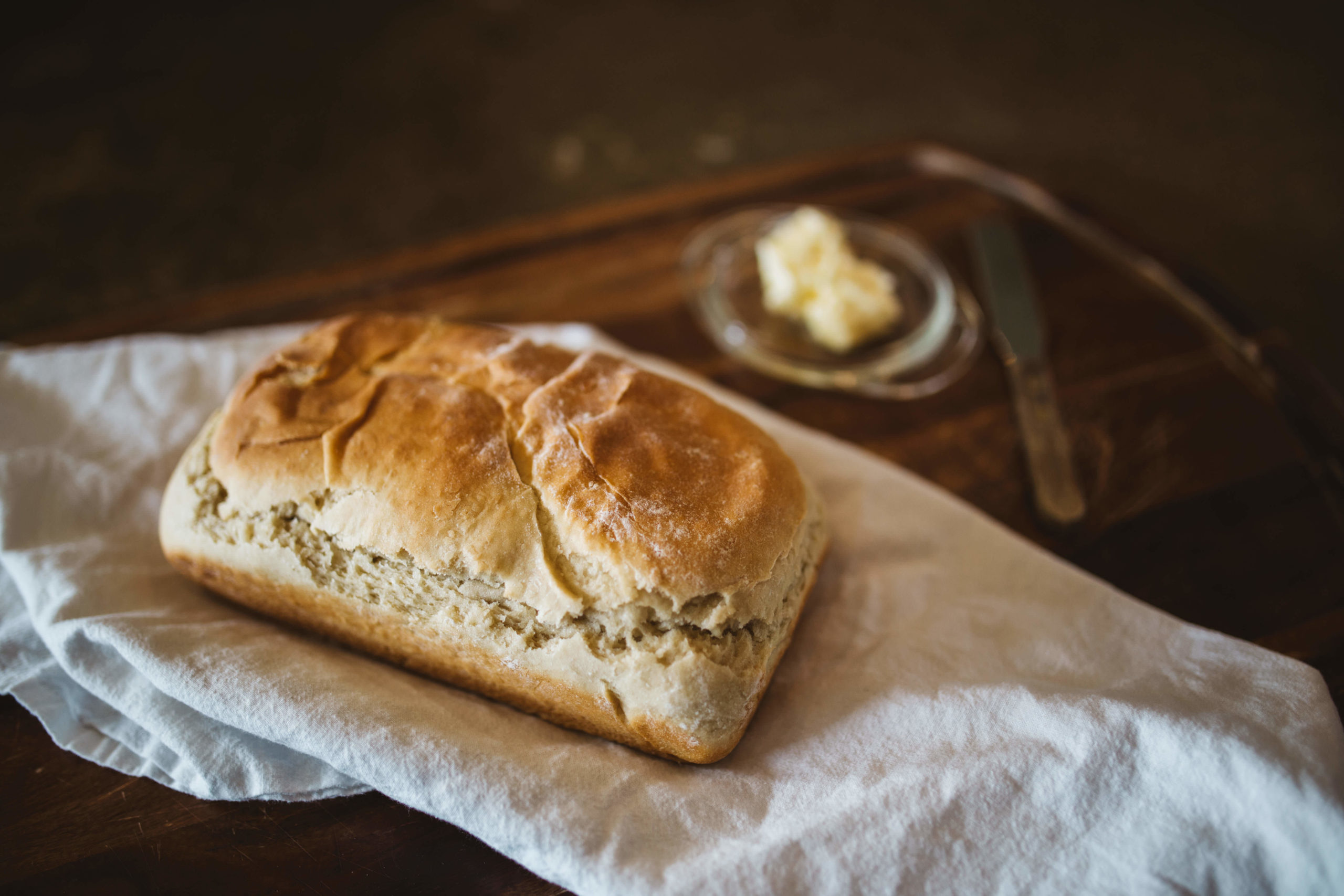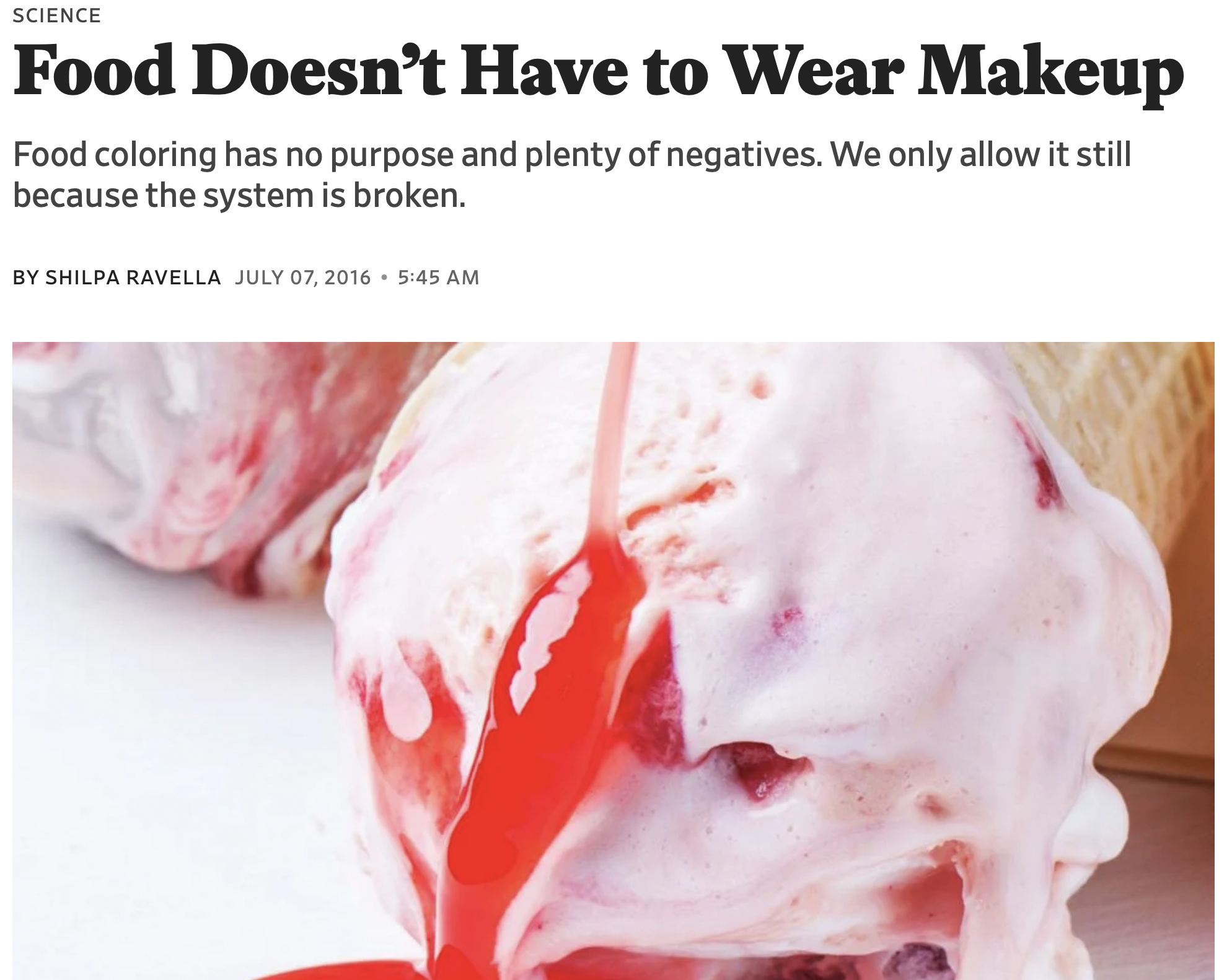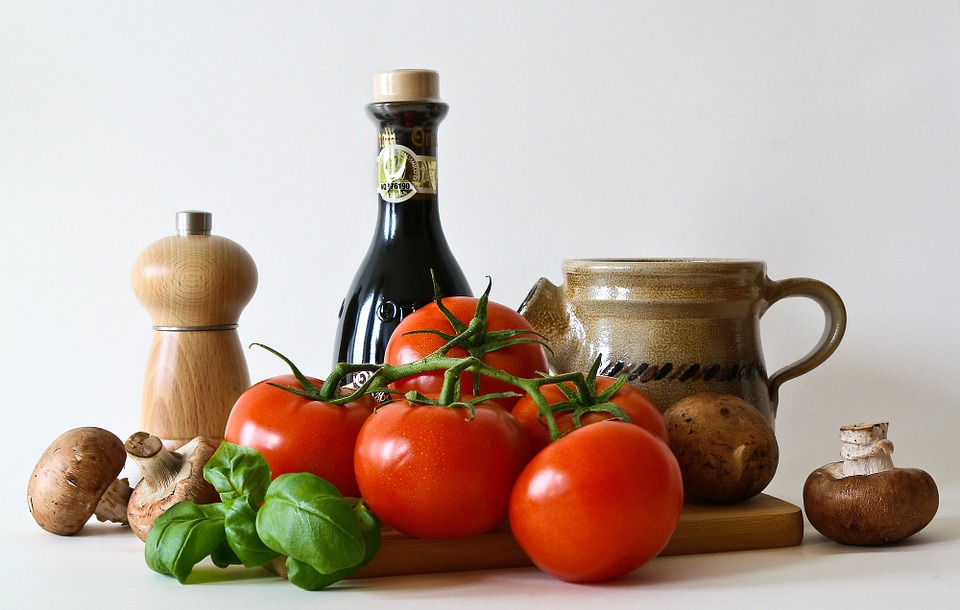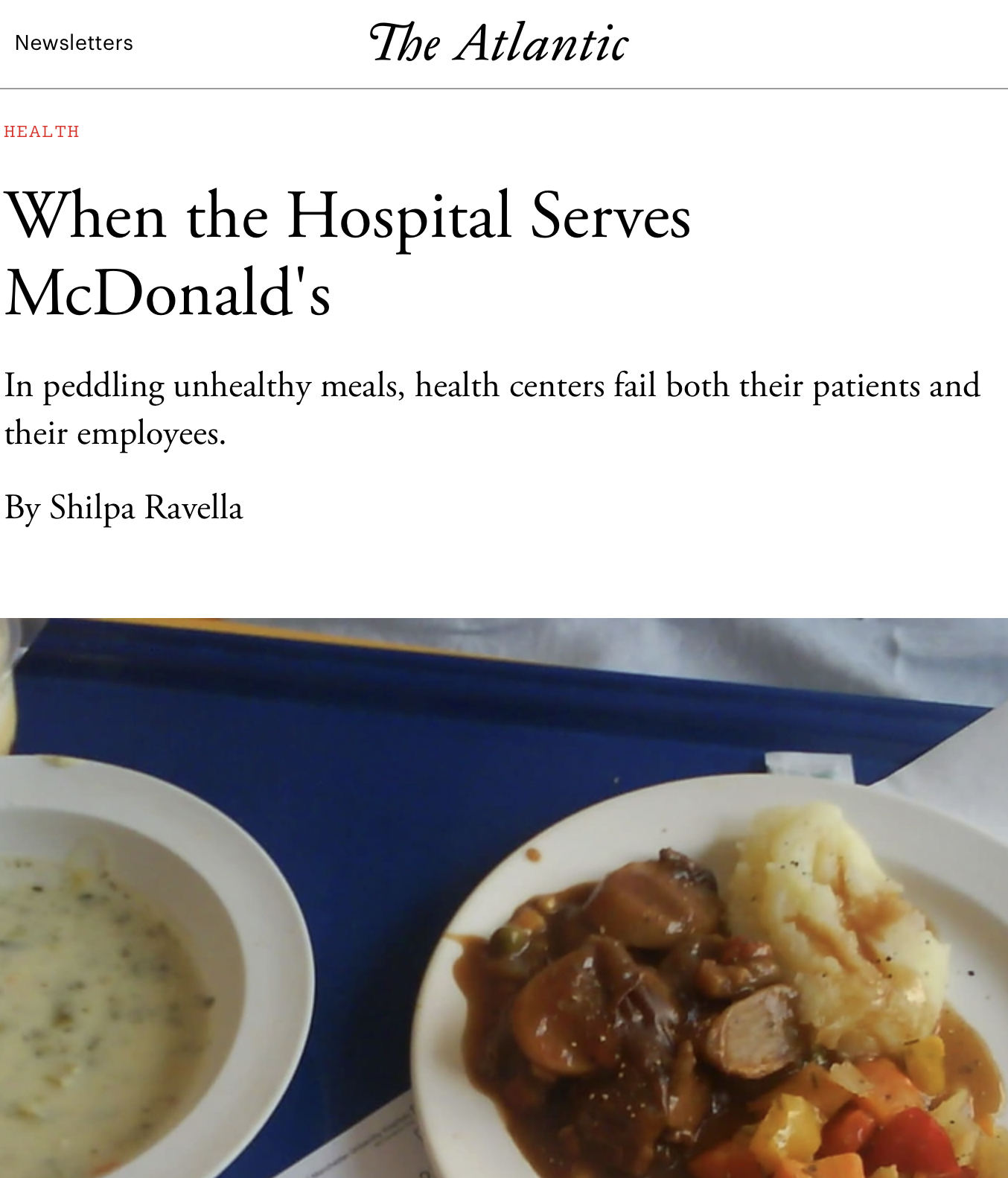Short bowel syndrome: what to eat and drink | Columbia Surgery Blog

By Shilpa Ravella
What you choose to eat and drink is crucial for improving symptoms from short bowel syndrome, enhancing absorption of nutrients and preventing dehydration. A few simple guidelines can make a big difference in your health.
(more...)When food is not an option: the basics of small bowel transplant (intestinal transplant) | Columbia Surgery Blog

By Shilpa Ravella
It’s never too early, but it can be too late to refer a patient for a small bowel transplant evaluation. There is a high risk of death among patients waiting for intestinal transplants, so early referral of patients with risk factors is important.
(more...)Is wheat sensitivity real?

August 14, 2016
Is non-celiac wheat sensitivity real? Patients often present with a variety of symptoms to wheat and self-diagnose themselves with “wheat sensitivity,” but when labs and endoscopic tests come back negative for celiac disease, they are left wondering what it is they do have or if it was all in their heads.
(more...)Food doesn’t have to wear makeup | Slate

July 7, 2016
By Shilpa Ravella
When it comes to food coloring, why should we have to prove just exactly how and why the substance causes a negative effect on the people who consume it before we can ban it? If this were a necessary or meaningful food ingredient in any way, sure, that would be a reasonable standard. But food coloring has no nutritional value. Why are we risking it?
(more...)Red wine and chocolate for your gut bacteria? | Huffington Post

May 10, 2016
By Shilpa Ravella
For the trillions of bacteria that live inside your gut, what you eat is important, because it is what they eat. We are only beginning to understand that the make-up of gut bacteria can play an important role in preventing or treating disease and is influenced by many factors including food, medications and lifestyle. In two studies published last month in Science, researchers from the Netherlands and Belgium presented the largest microbiome research conducted to date. They evaluated 1,135 Dutch adults and 1,106 Belgians respectively and looked at how hundreds of factors affect the microbiome, with results that overlapped considerably.
(more...)The nutrient deficiency you probably have | PBS Next Avenue

April 25, 2016
By Shilpa Ravella
If you could make only one change to your diet, what would it be? The options are endless. You can cut out specific foods like meat, grains or gluten. You can play with ratios of fat, carbohydrates and protein. You can eat only fruit or go on a juice cleanse. There is one change, however, that provides the biggest health return for the investment.
(more...)Should organ donation be An opt-out? | The Hill

March 3, 2016
By Shilpa Ravella
Most Americans want to donate. Our attention should be focused on making it easier for them to do so with simple changes that can help overcome individual inertia and save lives. An opt-in versus opt-out policy might matter less than improving transplant infrastructure and building public trust. After his transplant, Jobs said, “I wouldn’t be here without such generosity.” David feels the same way. “I was unlucky for awhile…and then I got lucky again,” he said. Not every American awaiting donation is as fortunate, but a change in policy might help make it so.
(more...)When the hospital serves McDonald’s | The Atlantic

February 9, 2016
By Shilpa Ravella
There was a time when doctors walked through hospital wards with a cigarette in one hand and a stethoscope in the other. Once the health dangers of smoking became apparent, though, hospitals were some of the first institutions to ban smoking in public spaces, and other places followed suit. Less than a century ago, it was unheard of to forbid smoking on hospital grounds; today, it’s unheard of to find cigarettes for sale in a hospital gift shop. As Lesser wrote in a 2013 editorial for the American Medical Association Journal of Ethics, “offsets from selling foods that clearly damage human health would, likewise, be indefensible … Serving definitively unhealthful food items to patients, visitors, and staff is simply unethical.”
(more...)Hidden carbs that can hurt your gut | Total Health Magazine

2014
By Shilpa Ravella
When it comes to carbohydrates, opinions abound. They have been both vilified and promoted as essential dietary components. This dichotomy, however, does not reflect the fact that all carbohydrates are not created equal. Gastroenterologists have coined the term FODMAPs to encompass specific carbohydrates found within many different foods that have greater potential for causing gastrointestinal distress. These carbohydrates can contribute to symptom causation in patients with gastrointestinal disorders such as bloating, irritable bowel syndrome and inflammatory bowel disease.
(more...)